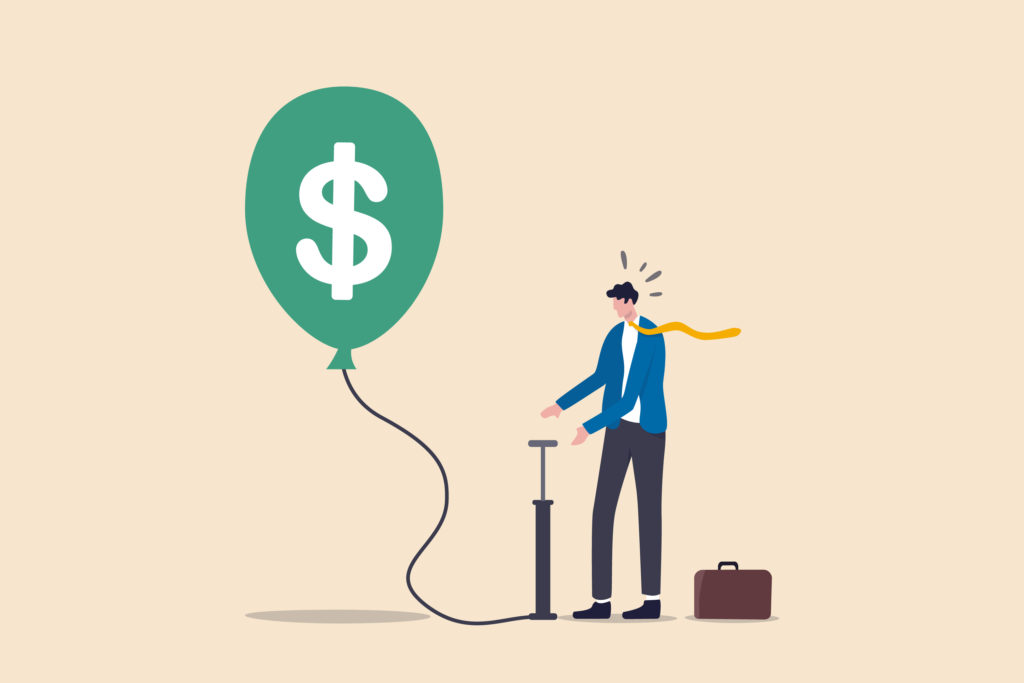It’s been a year since pandemic shutdowns began. But with vaccine distribution increasing rapidly and states reopening businesses safely, the U.S. economy is on the road to recovery. In the latest report from the Bureau of Labor Statistics, almost 380,000 Americans were added to payrolls in February. This is a great sign of economic rebound for the country.
However, politicians and policymakers in Washington, D.C. should be wary about the economy overheating.
Inflation, or the rate at which the prices of goods and services rise, needs to be controlled. If inflation occurs too quickly, currency loses purchasing power. American baseball player, Sam Ewing, summed it up best when he said, “Inflation is when you pay fifteen dollars for the ten-dollar haircut you used to get for five dollars when you had hair.”
The government can contribute to inflation through excessive spending; as the money supply grows, so does the price of goods and services. The latest $1.9 trillion stimulus package is a good example. Only a fraction of appropriations went toward coronavirus-related initiatives. Some targeted government spending is important, but funding pet projects should be avoided. An example of warranted spending was the Paycheck Protection Program, which passed last year to assist small businesses during the pandemic. These funds had specific intentions and were renewed as needed.
As the economy continues to regain its stability, Congress should think twice before passing additional, non-targeted COVID relief bills. Too much inflation will throttle future economic progress.



